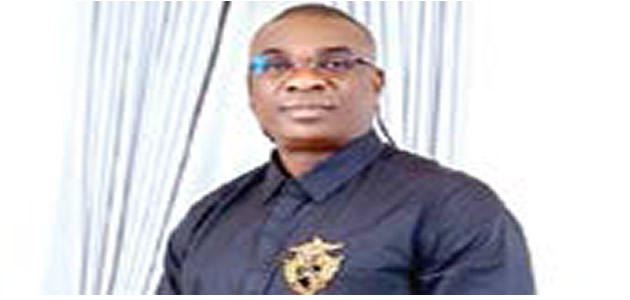The incident involving Fuji music icon King Wasiu Ayinde Marshal (KWAM 1) at the Nnamdi Azikiwe International Airport has ignited a firestorm of controversy, with the African Democratic Congress (ADC) condemning the artist’s actions as “reckless” and “terroristic.” The incident, which unfolded on August 5th, saw KWAM 1 allegedly flouting established flight safety protocols, attempting to board with a prohibited flask, spilling its contents on security personnel, and obstructing the aircraft’s movement, thereby jeopardizing the safety of fellow passengers. The ADC has vehemently called for KWAM 1 to be prosecuted under Nigeria’s terrorism laws, arguing that his actions constitute a “hostage situation,” which falls under the legal definition of terrorism.
The ADC’s spokesperson, Bolaji Abdullahi, while commending Aviation Minister Festus Keyamo for characterizing the incident as a hostage situation, expressed concerns about potential political interference and selective justice. Abdullahi questioned whether the laws pertaining to terrorist acts would be applied impartially in KWAM 1’s case, given his close ties to the ruling All Progressives Congress (APC). He pointedly asked, “What are the laws against terrorist actions in Nigeria? Will these laws be applied in this case?” This query underscores the ADC’s apprehension that KWAM 1’s political connections might shield him from the full force of the law.
While acknowledging the Nigerian Civil Aviation Authority’s six-month flight ban against KWAM 1 and the Minister’s directive to place him on a national no-fly list, the ADC insists that these measures are insufficient. They argue that these sanctions fall short of addressing the gravity of the offense and demand more stringent legal action. The party contends that an ordinary citizen engaging in similar behavior would likely face immediate arrest and prosecution, highlighting the potential for double standards in the application of the law.
The ADC further emphasized the potential damage to Nigeria’s aviation reputation and national image should the incident be treated lightly. Abdullahi warned that international travelers might lose confidence in the Nigerian aviation system if such blatant disregard for safety regulations goes unpunished. He depicted a scenario where even lavish airport infrastructure would be rendered meaningless if passengers feared their safety could be compromised by individuals flouting rules with impunity. He drew a stark comparison with how such an incident would be handled in other countries, particularly in Europe or America, suggesting that KWAM 1 would have faced far more severe consequences in those jurisdictions.
The ADC’s statement concluded with a strong admonition against any attempts to protect KWAM 1 due to his celebrity status or political affiliations. Abdullahi’s pointed remark, “You can’t give him a mere slap on the wrist for this just because he sings for the President,” encapsulates the party’s concern that influence peddling might obstruct justice. The party’s stance underscores the broader issue of accountability for powerful figures and the need for equal application of the law, regardless of social standing or political connections.
The incident has sparked a wider debate about the interplay of celebrity, political power, and the rule of law in Nigeria. It remains to be seen whether the authorities will heed the ADC’s call for a thorough investigation and prosecution under terrorism laws or whether KWAM 1’s influential status will afford him a degree of leniency. The outcome of this case will undoubtedly have significant implications for public perception of fairness and justice within the Nigerian legal system. It also highlights the precarious balance between individual liberties, public safety, and the responsibility of public figures to uphold the law. The incident serves as a potent reminder that no one, regardless of their stature, should be above the law and that safety regulations must be enforced rigorously to maintain public trust and ensure the integrity of the aviation sector.














